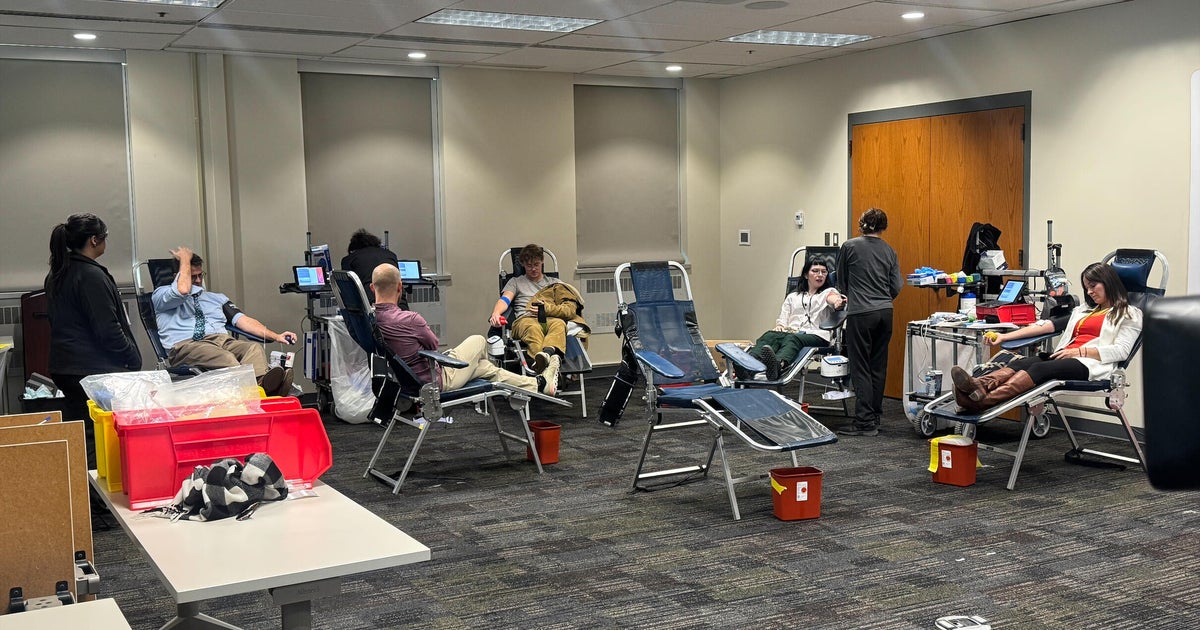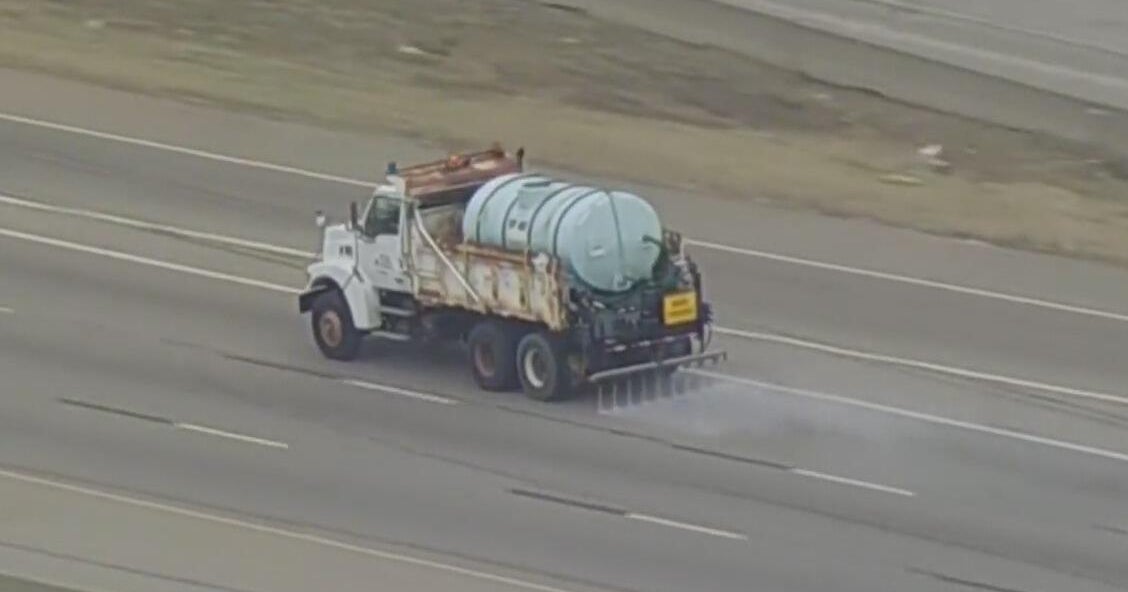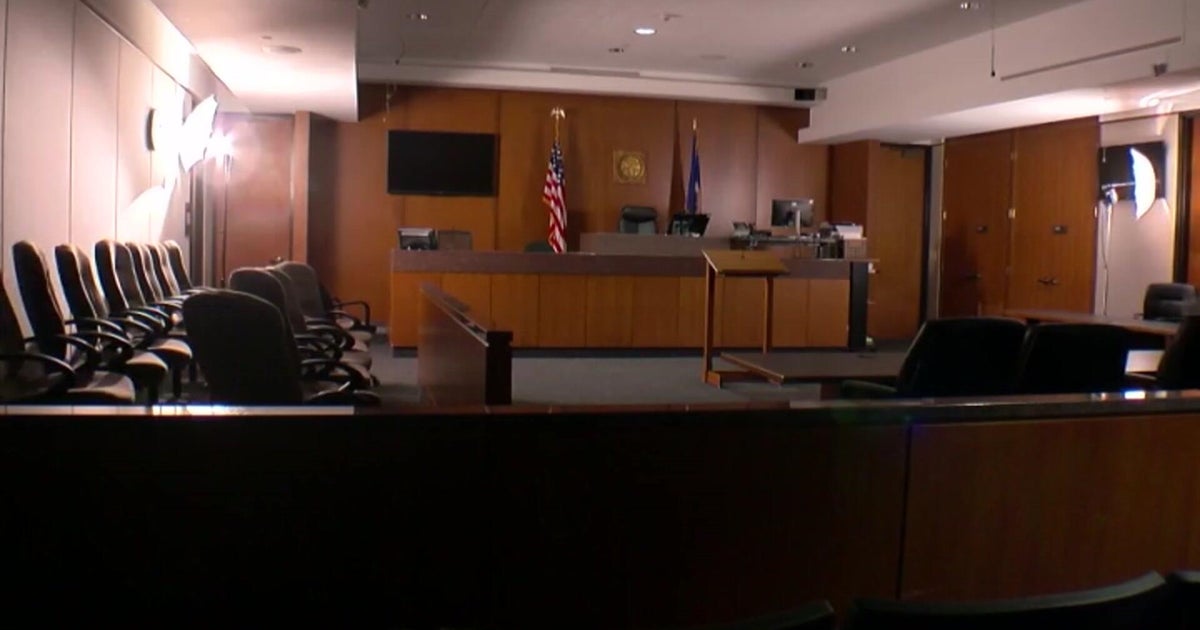In Colorado, smoking, ingesting cannabis behind the wheel counts as DUI
As drivers know, if you drink and drive behind the wheel and get pulled over, you will be arrested and face consequences. Drivers need to remember that it works the same way when smoking or ingesting cannabis and getting behind the wheel, because both are considered DUIs.
The Colorado Department of Transportation has been gathering feedback from budtenders and cannabis industry employees over the past three years. Nearly 1,000 responses were gathered and analyzed, discussing the misconceptions of cannabis and driving.
The Colorado Department of Public Health and Environment provided the following guidelines:
- The safest choice is to avoid driving after using any form of marijuana product.
- Consumption method matters- Wait at least six hours after smoking 35 mg of THC; Wait at least eight hours after eating or drinking up to 18 mg of THC. The typical THC edible in Colorado is portioned at 10 mg THC (e.g., one gummy).
- If you are an infrequent consumer, 10 mg or more of THC is strongly associated with impairment that can affect driving, biking and other safety-sensitive activities.
CDOT said hundreds of people asked about the "legal limits of cannabis," how law enforcement determines roadside impairment, and even showed open-container laws in Colorado were either unknown or misunderstood.
The "legal limit" to determine cannabis impairment is 5ng of active THC per ml of blood. This blood test happens post-arrest as part of the evidence-collection process. Law enforcement tests for active Delta-9 THC.
Impaired drivers in Colorado can be arrested for Driving Under the Influence for substantial impairment or for Driving While Ability Impaired for being impaired to the slightest degree by cannabis, alcohol, or a combination of substances. This is determined by the law enforcement officer during the Standardized Field Sobriety Test on the roadside. If cannabis or other drugs are suspected, this can also play a role in the charges. Specially trained Drug Recognition Experts can provide insights about the level of impairment.
Colorado has an open-container law for alcohol and cannabis. Even if you're sober, it's illegal for a passenger to smoke flower, vape, or have an open container in the passenger area of a vehicle.
You can still get a DUI even if you have a medical marijuana card.
CDOT says when using cannabis and getting behind the wheel, your reaction time is delayed. Drivers usually cannot determine speed limit signs in the areas they are driving. Drivers are not able to drive in a straight line or keep their attention on the road. Overall, your time, distance, and speed are impacted.
The best thing to do is to have someone else who is not drinking or using cannabis be your designated driver, according to CDOT.
"A lot of people don't understand that even just a little bit of cannabis or one or two drinks of alcohol really can impair you," said Sam Cole, Traffic Safety Manager for CDOT. "That's why your friends need to be looking out for you. If you have been drinking and using cannabis, you are the last person who really is a good judge of your decision to drive."
Drivers need to remember they can always use public transit, rideshare, and the buddy system as alternative options.
Drivers who do get pulled over face at least $13,000 in court fees and fines, could lose their license and vehicle, and possibly go to jail. Drivers could also have an interlock device added to their car for two years.









